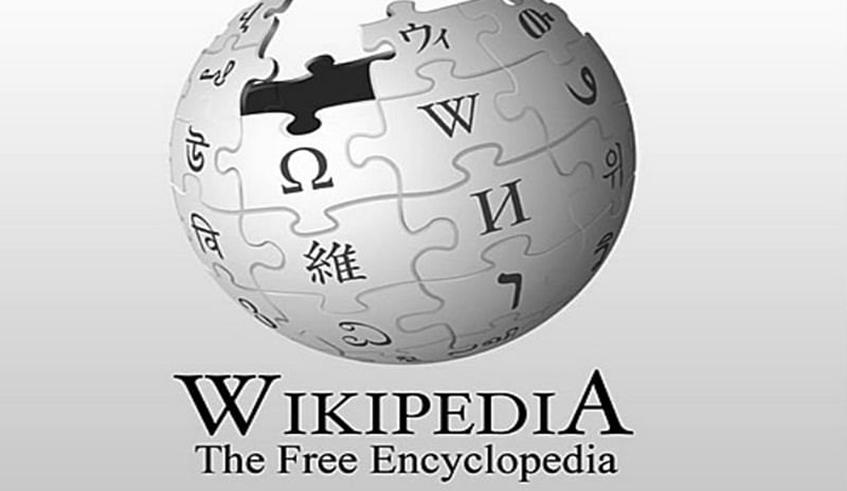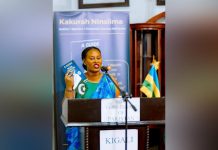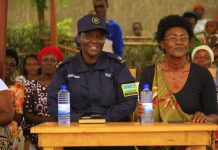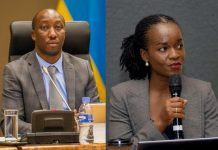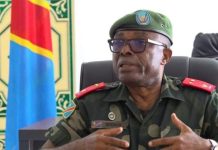Africa-Press – Rwanda. Popular free online encyclopedia, Wikipedia is calling on Rwandans and citizens from the region to be more involved in curating content about the country, culture and other aspects to reduce underrepresentation.
Wikipedia which last week marked its 20th anniversary is inviting Rwandans to be more involved in curating content to address the underrepresentation of content on Rwanda as well as tell little known stories about the country.
Wikipedia currently has more than 55 million articles that can be accessed in over 300 languages, for free, and without advertisements, all created by volunteers. The platform is increasingly relied on as a source of information by students, researchers and others.
In an interview with The New Times Katherine Maher, CEO of the Wikimedia Foundation which operates Wikipedia said that going forward, it’s important for Rwandans and other countries in the region to be involved in curating content about them on the platform.
This she said will undo underrepresentation where a significant portion of the content on Rwanda is not by Rwandans or people in the country and could often miss crucial elements or facts.
“It is important for Rwandans to tell their own story, in their own context and narrative. Often, a majority of content is by people in North America and Europe and is told in their perspective and could miss the viewpoint of Rwandans,” she said.
With Wikipedia increasingly relied upon as a go to encyclopedia on most topics by millions across the world, the platform says involvement in content curating will change a dominant narrative and share facts on Rwanda which are previously unknown.
Maher said that at a time when misinformation and false information is increasingly becoming common, it’s important for previously little represented parties to develop and edit content.
On the platform, members of the public can put up and edit content on condition it quotes reliable sources.
Derrick Ndahiro, the Team Leader and Founder of the Wikimedia User Group Rwanda which is involved in developing and editing content on the platform said that their involvement was out of realization that a majority of content on Rwanda was not by people in the country and hence often lacked context or now updated.
“Wikipedia is often considered a valid source of information across the world and people use it as a reference for their articles, books and other content. Often you find that an article is written by one who has never been to Rwanda or adequate understanding of the country and information put out may not bring out the real perspective or context,” he said.
Ndahiro said that through the platform, Rwandans can tell stories of achievements such as Cathia Uwamahoro a Rwandan female cricket player broke a Guinness world record for the longest cricket net session by a woman in 2017.
Ndahiro and his team are running sessions to teach the general public on editing and curating content on Wikipedia to increase involvement.
The platform is built out of belief in free knowledge, open collaboration, and trust on the internet.
Since the Covid-19 pandemic broke, Wikipedia has had a significant increase in daily traffic with a growing community of medical professionals contributing knowledge about Covid-19 to the platform and also collaboration with the World Health Organization.

